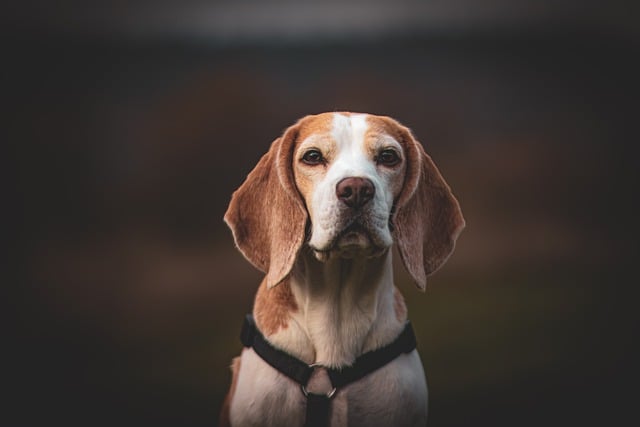
How do i train my dog to be obedient?
Watching your dog dart across the park ignoring your calls isn’t just frustrating—it can put them at risk near busy streets or public spaces.
Beagles are charming, scent-driven bundles of energy, but their bathroom habits can test even the most patient owner. Their noses lead the way in life, which means mid-potty training session, a whiff of a neighbor’s barbecue or a passing squirrel’s trail might derail their focus faster than you can say “outside.” This distractibility isn’t stubbornness—it’s just their hound nature, wired to follow scents over schedules.
Consistency is your secret weapon here. Start by setting a strict routine: take them out first thing in the morning, after meals, and right before bed, plus every 2-3 hours during the day. Many owners in cities like Chicago or Paris swear by crate training, but check local laws—some European countries regulate crate sizes and usage to ensure animal welfare. A crate should be a cozy den, not a punishment, to avoid stress that worsens accidents.
 Positive reinforcement works wonders with these food-motivated pups. Keep small, smelly treats (think freeze-dried liver) handy—reward immediately when they go in the right spot, so their quick-to-forget hound brains link the action to the reward. Yelling after an accident does more harm than good; they won’t connect the scolding to the earlier mistake, only learn to fear you. Instead, clean messes with enzymatic cleaners to erase odors—lingering smells encourage repeat offenses, a common headache in apartments with hardwood floors.
Positive reinforcement works wonders with these food-motivated pups. Keep small, smelly treats (think freeze-dried liver) handy—reward immediately when they go in the right spot, so their quick-to-forget hound brains link the action to the reward. Yelling after an accident does more harm than good; they won’t connect the scolding to the earlier mistake, only learn to fear you. Instead, clean messes with enzymatic cleaners to erase odors—lingering smells encourage repeat offenses, a common headache in apartments with hardwood floors.
Beagles mature a bit slower than some breeds, so expect setbacks even after weeks of progress. A rainy day might make them resist going out, or a change in routine (like a weekend trip) can throw them off. Stay calm and reset the schedule—patience pays off, especially since many regions have strict laws about pet waste, with fines for un-scooped yards or indoor accidents in shared housing.
Socialization plays a role too. Taking your Beagle to puppy classes exposes them to outdoor environments, helping them associate different spaces with potty time. In places like London, where parks are busy, this also teaches them to focus despite distractions. Just remember to carry waste bags—non-negotiable in most urban areas, and a simple way to stay compliant.
By 6-8 months, most Beagles get the hang of it, but their independent streak might mean the occasional slip-up. Stick to the routine, keep treats ready, and embrace their quirks—those same traits that make potty training tricky are what make them such lovable companions. With time, you’ll both master it, turning those early frustrations into stories about your determined little hound’s journey to good habits.

Watching your dog dart across the park ignoring your calls isn’t just frustrating—it can put them at risk near busy streets or public spaces.

New puppy owners often find themselves rushing to clean up accidents before they set in, and that’s where puppy pad training becomes a game-changer.

If you've noticed your dog's waistline disappearing and your veterinarian has mentioned those few extra pounds, your first instinct might be to simply reduce the amount of food in their bowl.

Training a dog to use a designated spot indoors isn’t as daunting as many new owners fear, but it does take consistency and an understanding of your pet’s needs.

That moment of dread on a walk is all too familiar for many new dog owners. You see another dog approaching down the sidewalk of your neighborhood

If the sight of another dog on your neighborhood walk makes your heart sink as your own dog erupts into a frenzy of barking and lunging, you're not alone.